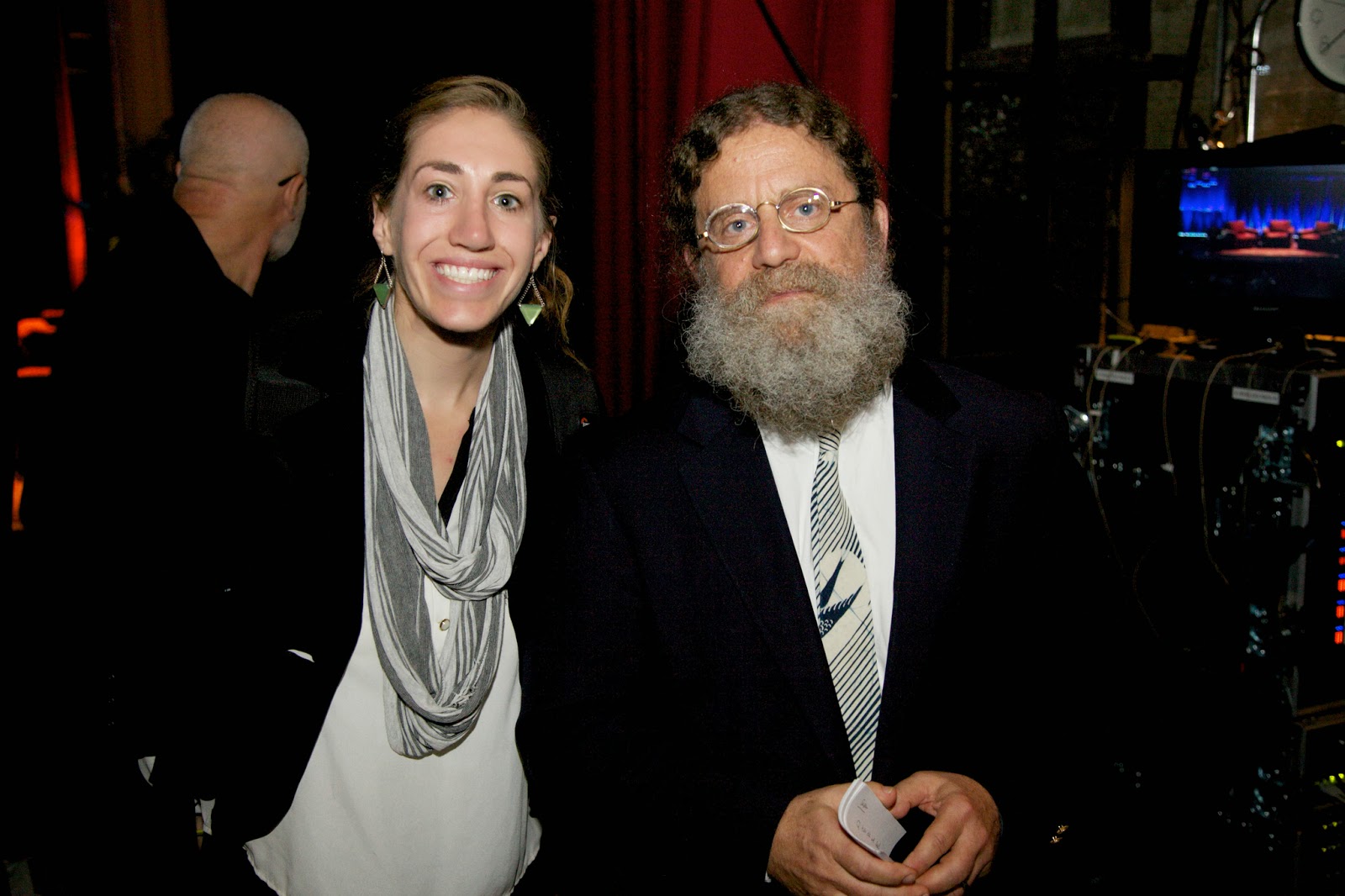Robert Sapolsky is a renowned neuroscientist, primatologist, and author known for his work on stress and behavior. His contributions to the fields of biology and psychology have made significant impacts, and his personal life, particularly his marriage, adds another layer to his story. This article delves into the life of Robert Sapolsky, focusing on his professional achievements, personal experiences, and the influence of his wife on his life and work.
In this comprehensive exploration, we will examine Robert Sapolsky's biography, his prominent career, and the dynamics of his marriage. Understanding the interplay between his personal and professional lives not only highlights his journey but also emphasizes the importance of support systems in the pursuit of success. This article aims to provide readers with valuable insights into the life of a remarkable individual and the role that love and partnership play in achieving greatness.
Moreover, we will present data, statistics, and references that underscore the significance of Sapolsky's work, while also shedding light on the influence of his wife in his journey. By the end of this article, readers will have a thorough understanding of who Robert Sapolsky is, both as a scientist and a husband.
Table of Contents
- Biography of Robert Sapolsky
- Personal Life and Marriage
- Professional Achievements
- The Role of His Wife in His Life
- Impact on Science and Society
- Key Publications
- Awards and Honors
- Conclusion
Biography of Robert Sapolsky
Robert Sapolsky was born on April 15, 1957, in Brooklyn, New York. He developed an interest in biology and neuroscience at an early age, eventually pursuing a Ph.D. in neuroscience from Rockefeller University. His research has primarily focused on stress and its effects on behavior, particularly in primates.
| Data Pribadi | Informasi |
|---|---|
| Nama Lengkap | Robert M. Sapolsky |
| Tanggal Lahir | April 15, 1957 |
| Tempat Lahir | Brooklyn, New York, USA |
| Pendidikan | Ph.D. in Neuroscience from Rockefeller University |
| Pekerjaan | Neuroscientist, Primatologist, Author |
Personal Life and Marriage
Robert Sapolsky is married to Lisa Sapolsky, a fellow scientist. Their marriage is often described as a partnership grounded in mutual respect and shared interests. Lisa’s background in the sciences complements Robert’s work, allowing for engaging discussions and collaborative efforts in various research projects.
The couple's relationship has been a significant source of support for Robert throughout his career. Lisa has played an essential role in helping him navigate the challenges of academia and scientific research. Their shared passion for science has enriched their marriage, making them a formidable duo in the scientific community.
Shared Interests and Collaborations
Lisa Sapolsky has been involved in various research initiatives alongside her husband. Their collaborations have led to groundbreaking studies that explore the complex interactions between stress, behavior, and physiological responses. This partnership exemplifies how personal relationships can enhance professional growth, leading to innovative discoveries.
Professional Achievements
Robert Sapolsky's work has garnered him international recognition. He has published numerous articles and books that explore the themes of stress, behavior, and the biological underpinnings of human emotions. His most notable works include "Why Zebras Don't Get Ulcers," which explains how chronic stress can lead to various health issues.
Key Research Contributions
- Studied the effects of stress on primates in the wild.
- Investigated the relationship between stress and various diseases.
- Published influential papers on the neurobiology of stress.
- Authored popular science books that reach a broader audience.
The Role of His Wife in His Life
Lisa Sapolsky's role in Robert's life extends beyond being a supportive spouse. She has influenced his research direction and has inspired him through her own scientific pursuits. Their marriage is marked by a strong intellectual bond that fosters creativity and innovation.
Moreover, Lisa's insights and feedback on Robert’s work have contributed to the clarity and depth of his research. This dynamic showcases the importance of collaboration and communication in both personal and professional realms.
Impact on Science and Society
Robert Sapolsky’s research has had profound implications for our understanding of stress and its effects on health. His work has not only advanced scientific knowledge but also raised awareness about the importance of mental health and well-being.
Advocacy for Mental Health
Through his writings and public speaking engagements, Sapolsky has become an advocate for mental health awareness. He emphasizes the need for societal changes that address the root causes of stress and promote healthier lifestyles. His influence extends beyond academia, impacting public policy and community health initiatives.
Key Publications
Robert Sapolsky has authored several influential books and articles, including:
- Why Zebras Don't Get Ulcers
- A Primate's Memoir
- Behave: The Biology of Humans at Our Best and Worst
- Monkeyluv: And Other Essays on Our Lives as Animals
Awards and Honors
Throughout his career, Robert Sapolsky has received numerous accolades for his contributions to science, including:
- MacArthur Fellowship (1990)
- National Science Board Public Service Award (2010)
- Outstanding Faculty Award from Stanford University
Conclusion
In summary, Robert Sapolsky's life is a testament to the interplay between personal and professional success. His marriage to Lisa Sapolsky exemplifies the power of partnership in achieving greatness. Together, they have made significant contributions to science and have advocated for mental health awareness.
We invite readers to reflect on the importance of supportive relationships in their own lives and to consider how collaboration can lead to greater achievements. Please leave your comments below, share this article, or explore more of our content to continue learning about fascinating individuals like Robert Sapolsky.
Thank you for reading! We hope to see you back here for more insightful articles.




